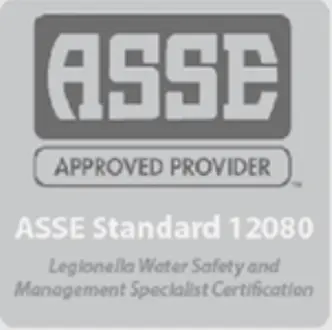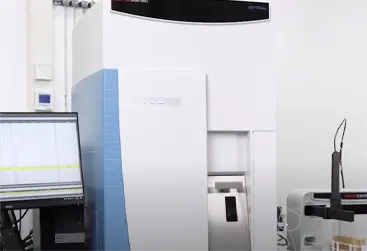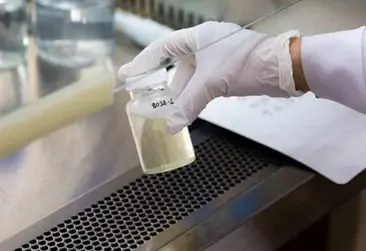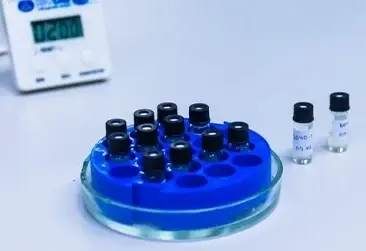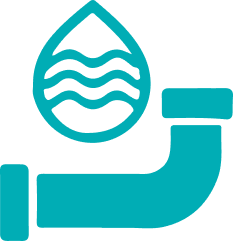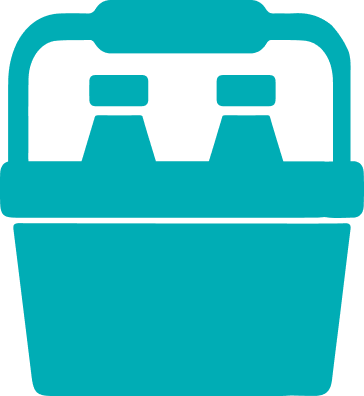Air Quality Regulations in New York and New Jersey
We focus on testing parameters that can be reliably measured in the field using portable instruments and advanced equipment. These include:
– Requires mold assessments and remediation projects to be conducted by licensed professionals for any mold affecting areas larger than 10 square feet in residential, commercial, or public buildings.
– Air quality testing for mold is recommended before and after remediation to ensure that mold spore levels are safe for occupancy.
– New York employers must comply with OSHA’s Indoor Air Quality (IAQ) standards under the General Duty Clause (Section 5(a)(1)) to provide a workplace free from recognized hazards, including mold and VOCs.
– Permissible exposure limits (PELs) for airborne contaminants such as formaldehyde and VOCs are enforced.
– Applies to housing and requires property owners to investigate and remediate indoor mold, moisture, and pest infestations to improve air quality.
– Inspections for visible mold and moisture are mandatory in rental properties annually or whenever a tenant reports an issue.
– Requires specific indoor air quality measures in public schools, including testing for mold and other airborne contaminants to maintain a healthy learning environment.
Learn how we help clients stay compliant with mold and air quality laws across New York, from Article 32 to NYC Local Law 55.
– Mandates landlords maintain safe and habitable living conditions, which include addressing air quality concerns caused by mold or excessive moisture.
– The law empowers tenants to report mold-related issues to local health departments for enforcement.
– NJDEP regulates air quality under the Air Pollution Control Act and sets standards for permissible levels of VOCs, radon, and other contaminants.
– Testing for airborne particulates and pollutants may be required for commercial and industrial facilities.
– Focuses on workplaces and requires employers to address and mitigate indoor air quality issues, including mold, VOCs, and carbon dioxide (CO2) levels.
– Employers must develop an indoor air quality plan and provide regular inspections of HVAC systems.
– Enforced by the New Jersey Department of Education, requiring schools to maintain IAQ standards in compliance with the NJ Indoor Air Quality Standard.
– Schools must test for mold, VOCs, and carbon monoxide (CO) as part of their regular IAQ assessments.
Discover how we support air quality compliance under OSHA and state IAQ rules throughout New Jersey.
When is Air Quality Testing Required?
Air quality testing is often mandated in the following scenarios:
- Real Estate Transactions: NY and NJ recommend testing for air quality, including mold, during property sales and leases to ensure safety and compliance.
- Workplace Compliance: Employers in NY and NJ must comply with OSHA and state-specific IAQ standards to protect employees.
- Mold Remediation Projects: Air testing is required in NY after mold remediation to confirm that the air is safe for re-occupancy.
- Tenant Complaints: Both states require landlords to address reported IAQ issues, including mold and excessive moisture.
- Public Spaces: Schools, hospitals, and other public buildings must perform regular air quality assessments to meet state health standards.
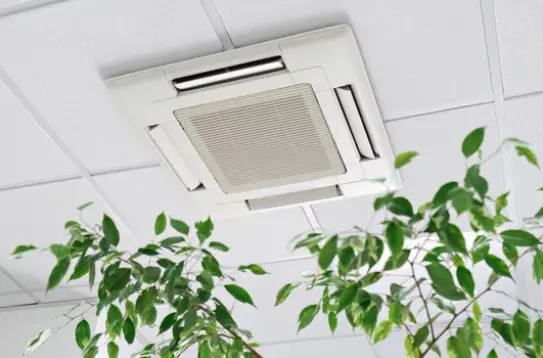
How PITS Environmental Ensures Compliance?
At PITS Environmental, we provide specialized air quality testing services tailored to meet the regulatory requirements of NY and NJ. Our testing covers:

Airborne mold concentration analysis to ensure compliance with state and local regulations.

Detection of harmful chemicals in indoor air. Learn more about VOCs & SVOCs testing here.

Measurement of fine particles that impact respiratory health.

Detection of radon gas, especially in basements and ground floors.

Compliance testing for permissible exposure levels in workplaces.

